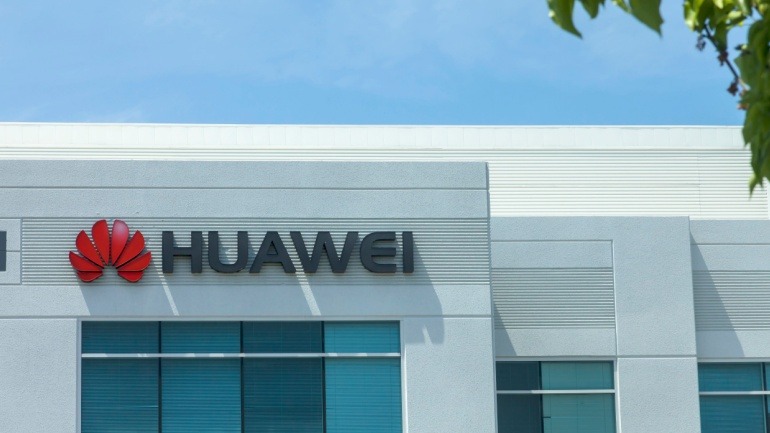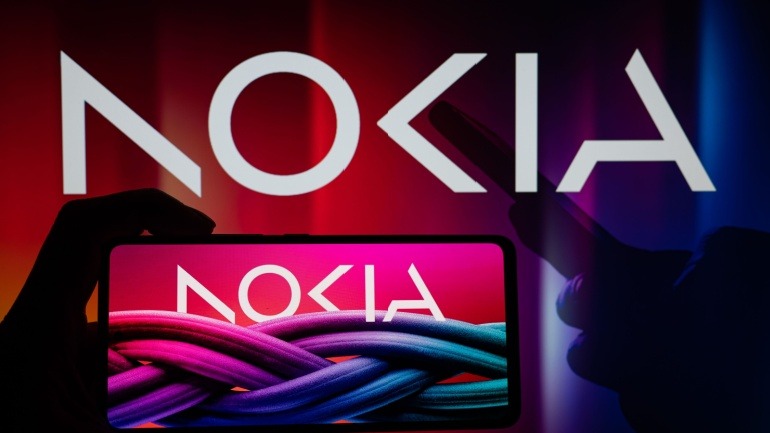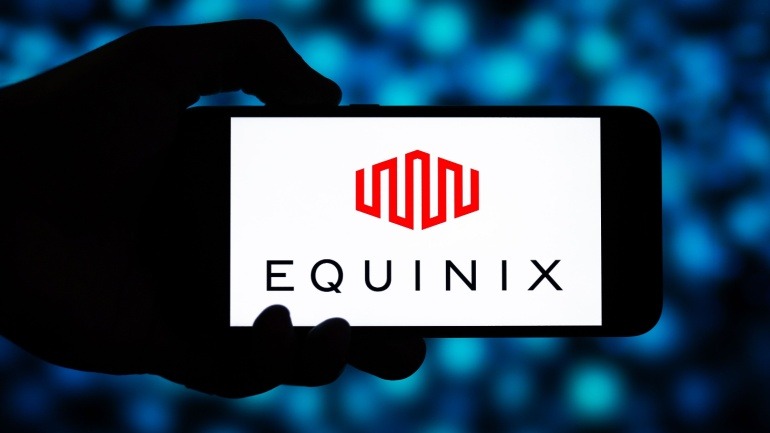Private 5G is revolutionizing enterprises by offering transformative capabilities like real-time data processing and enhanced connectivity. Significant regulatory progress and advancements in spectrum access are making private networks more accessible. As private 5G gains traction, businesses must strategically plan deployments to leverage this technology for optimized industrial and enterprise operations.
Vietnam’s recent decision to award 5G contracts to Huawei and ZTE signals a crucial transformation in its telecommunications strategy, impacting its VoIP infrastructure. This transition highlights Vietnam’s complex balancing act between global powers, as it embraces Chinese 5G technology despite longstanding Western security concerns. Exploring Vietnam’s evolving VoIP dynamics amid geopolitical shifts offers insight into future telecom trends, emphasizing cost-effectiveness and advanced connectivity.
Nokia’s recent strategic shift raises eyebrows as it slashes European jobs while investing $4 billion in US R&D. This move underscores a stark pivot towards American interests amid Europe’s digital sovereignty push. As Nokia realigns, VoIP professionals must assess the implications on European technology autonomy and market dynamics.
Private 5G is gaining attention as a transformative force in industries like manufacturing, logistics, and public safety where Wi-Fi and public 5G fall short. By supporting high-demand applications and enabling industrial transformation, private 5G offers a competitive edge. Its potential hinges on ecosystems like edge computing and AI integration, paving the way for substantial growth in the telecom market. Despite complexity, its unique benefits and expansive opportunities make it a critical innovation in today’s digital landscape.
Embracing AI-driven predictive maintenance in operations helps minimize downtime and enhance equipment life. Microsoft Teams plays a pivotal role, offering a digital command center that unifies data and facilitates real-time decision-making. This innovative approach optimizes VoIP communications among engineers, ensuring informed choices and transforming industrial efficiency.
The integration of Microsoft Teams into the automotive industry has revolutionized communication and collaboration, especially for VoIP systems. Automakers leverage this platform to unify design engineers, sales managers, and technicians, dissolving traditional silos. By enhancing lead conversion and customer satisfaction, Microsoft Teams empowers rapid, data-driven decision-making throughout the automotive ecosystem.
The future of technology lies in embodied AI, a pivotal shift impacting industries beyond imagination. From autonomous vehicles to industrial robotics, this integration reshapes VoIP systems, highlighting seamless data interaction. Companies that harness this synergy will revolutionize VoIP capabilities, ensuring sustainable growth and competitive advantage in the connected world.
As the IoT landscape evolves, CSPs face the dual challenge of ensuring robust VoIP connectivity across borders while navigating stringent regional data privacy laws. Compliance with regulations like GDPR and India’s DPDP Act is critical to avoid penalties. Local breakout services offer CSPs a strategic advantage, enhancing VoIP performance and compliance. Kaleido Intelligence’s report emphasizes the need for IoT service providers to prioritize compliant, locally-tailored connectivity solutions. This strategic approach not only meets legal standards but also positions providers as market leaders, underscoring the importance of compliance-driven growth in the rapidly advancing IoT arena.
8×8’s partnership with Mitel heralds a new era in VoIP, offering native support for Mitel SIP desk phones. This integration empowers businesses to seamlessly transition to advanced 8×8 communication solutions, preserving existing hardware while unlocking AI-driven innovations. Enjoy reduced costs, improved voice resiliency, and enhanced user experience with comprehensive VoIP solutions.
Equinix’s £3.9 billion investment in Hertfordshire marks a pivotal expansion in the UK for the digital infrastructure leader. By integrating over 250MW of computing power, the new data center development underscores Equinix’s commitment to enhancing the UK’s digital landscape, supporting sectors like healthcare and finance while advancing the nation’s AI leadership.













